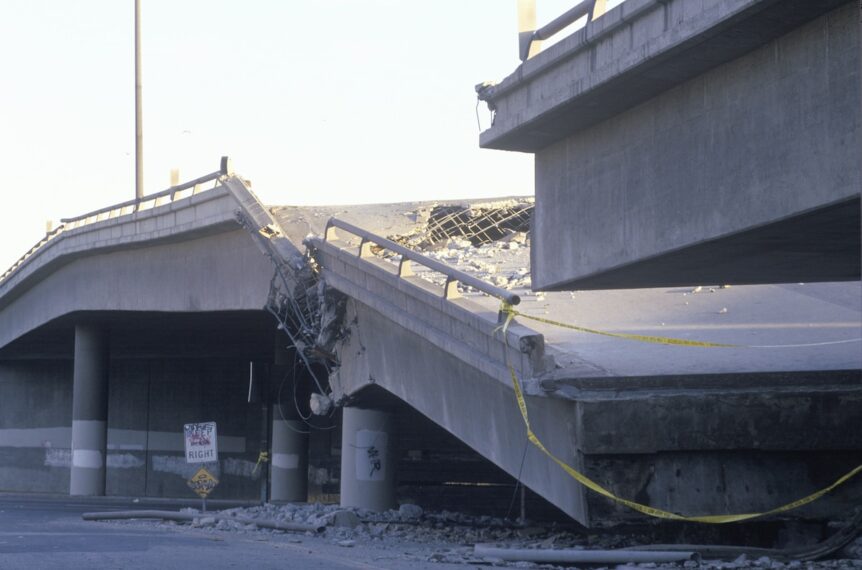Earthquakes strike without warning, causing widespread devastation and chaos. To increase your chances of survival, it’s crucial to be prepared and know what to do before, during, and after the shaking begins. Here are 21 essential tips to help you and your loved ones stay safe.
1. Create an Emergency Kit
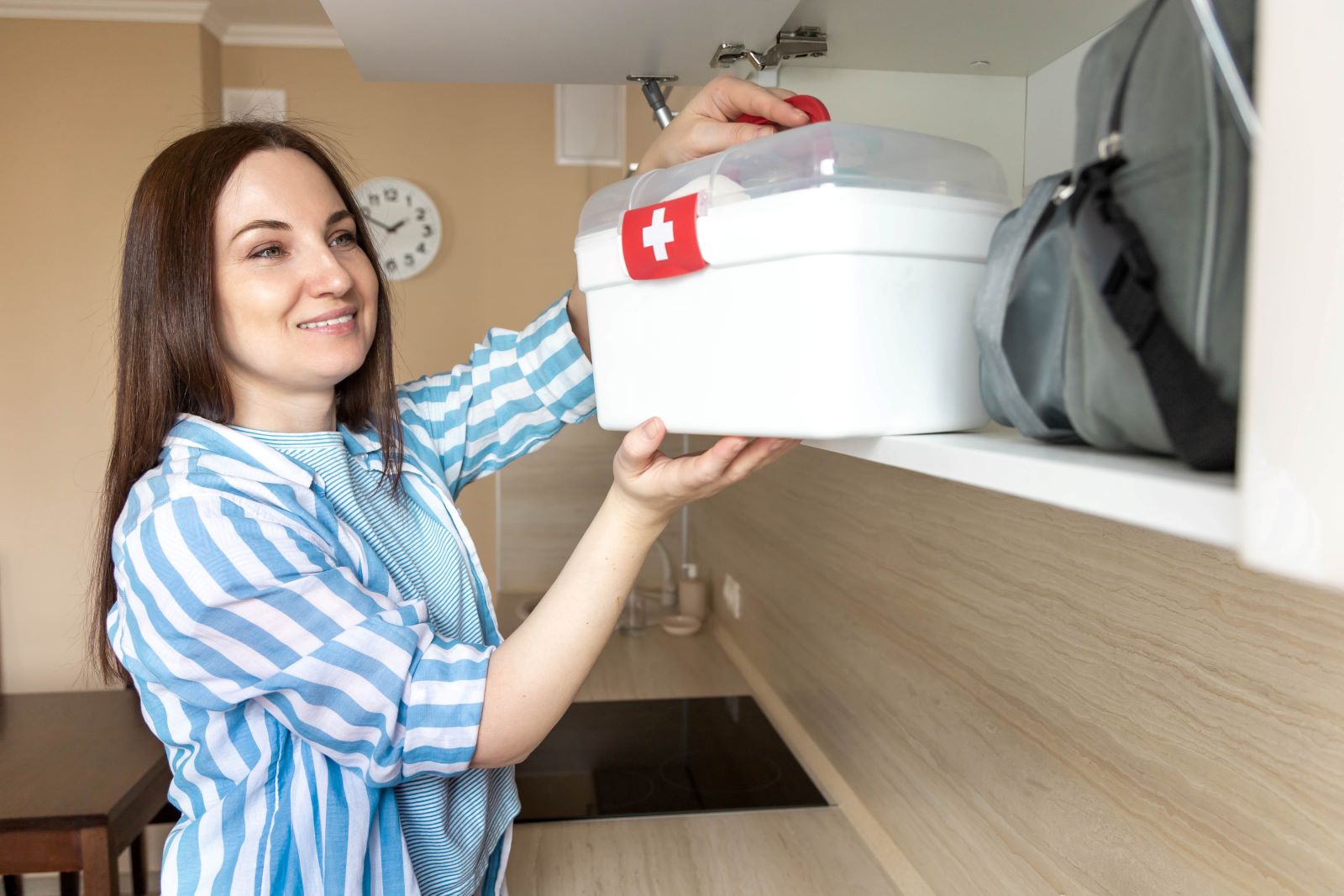
Image Credit: Shutterstock / Kostikova Natalia
Assemble an emergency kit with essentials like water, non-perishable food, medications, flashlights, batteries, and first aid supplies. Ensure it has enough supplies for at least 72 hours.
2. Develop a Family Communication Plan
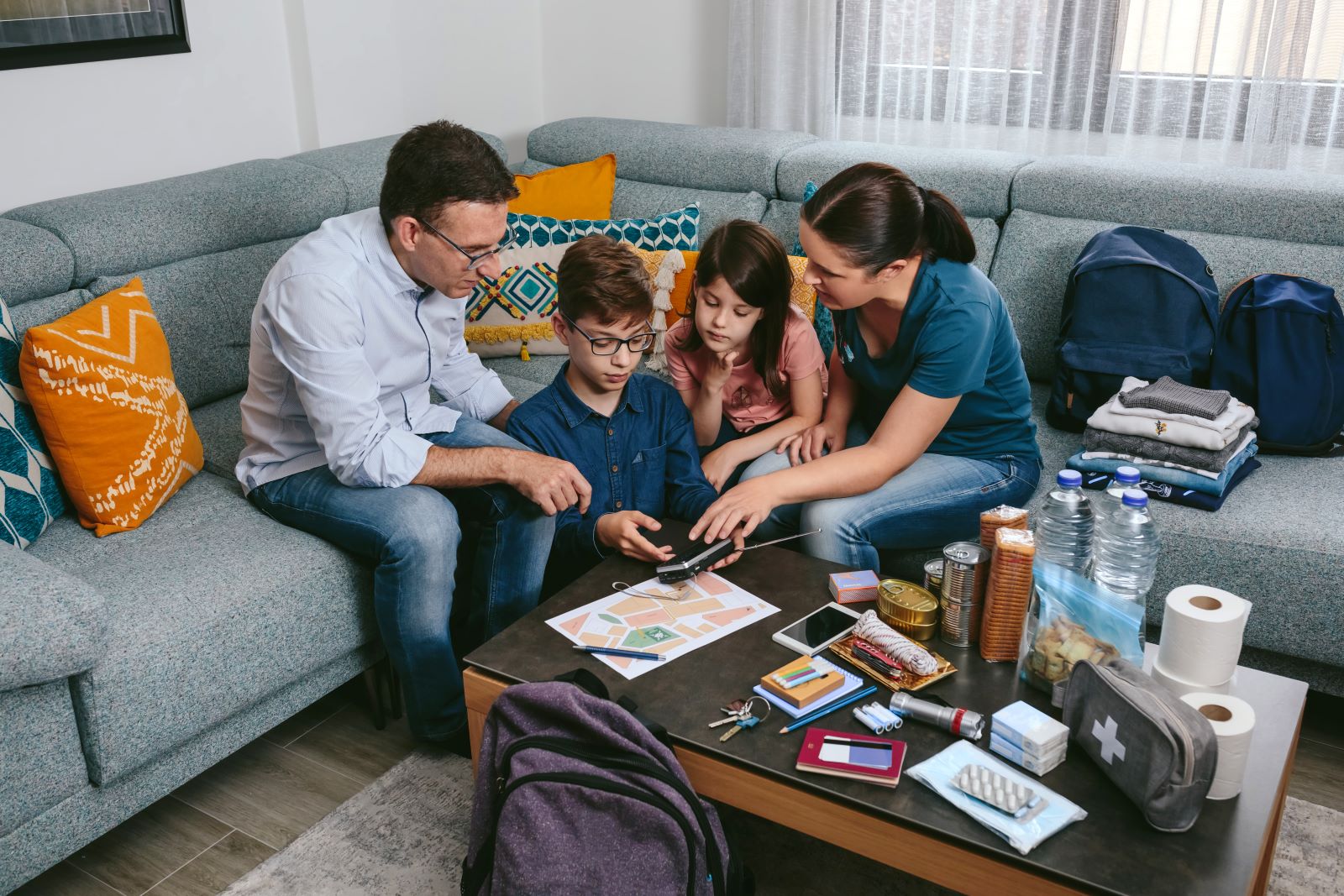
Image Credit: Shutterstock / David Pereiras
Establish a plan for how your family will communicate during and after an earthquake. Designate a meeting spot and ensure everyone knows emergency contact numbers.
3. Secure Heavy Furniture
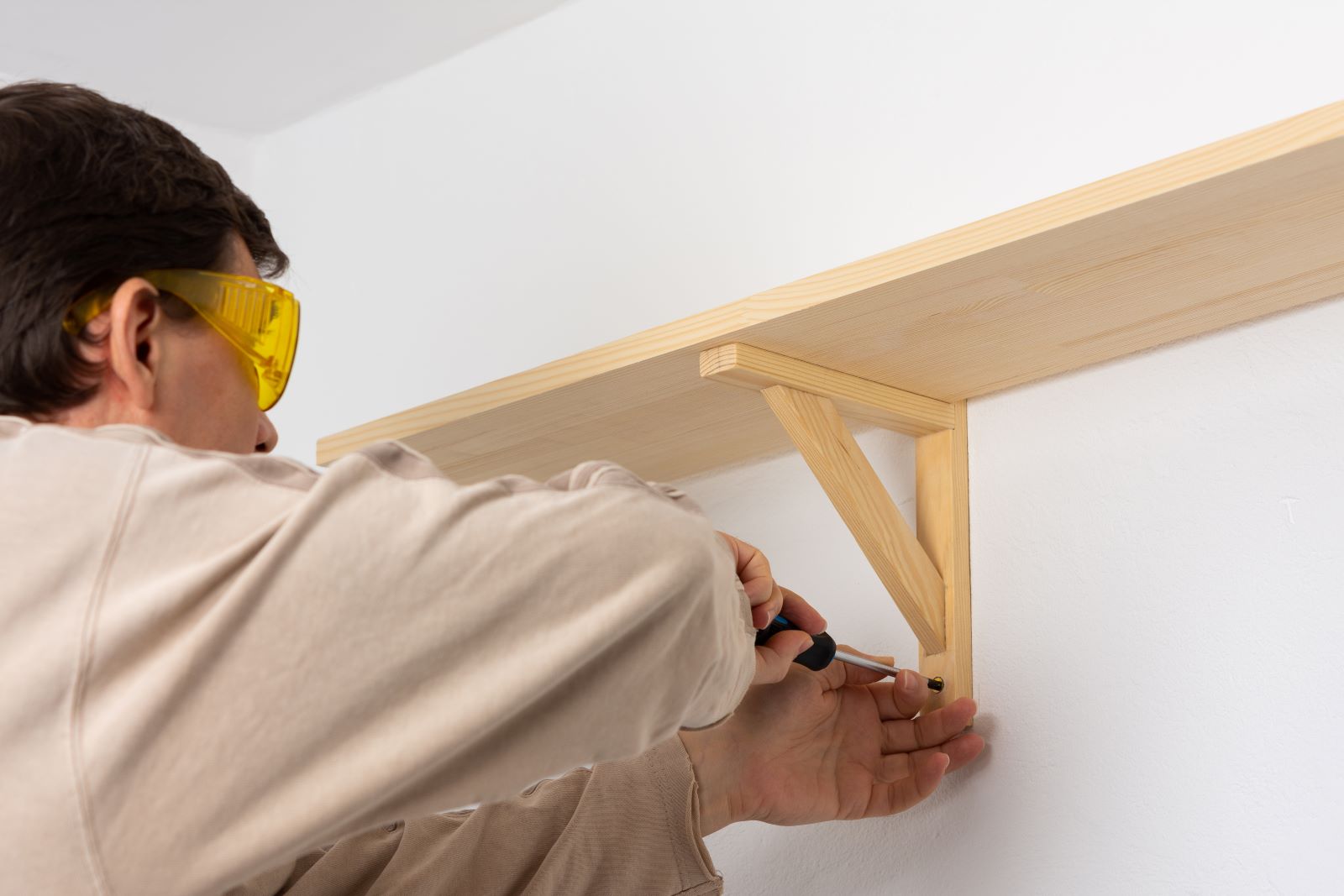
Image Credit: Shutterstock / pundapanda
Anchor bookshelves, cabinets, and other heavy furniture to walls to prevent them from tipping over during an earthquake. This simple step can prevent serious injuries and save lives.
4. Know How to Turn Off Utilities
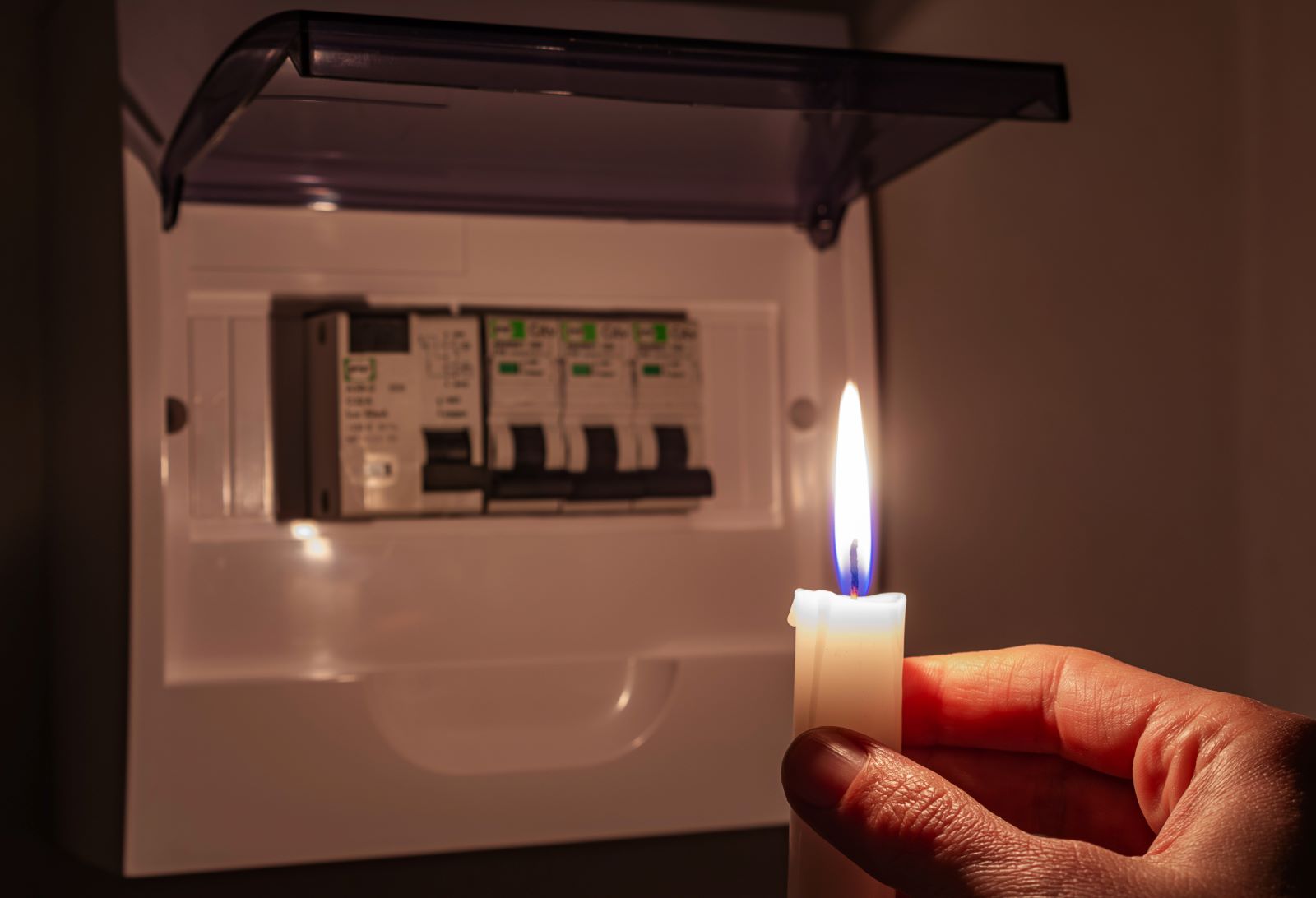
Image Credit: Shutterstock / Yevhen Prozhyrko
Learn how to shut off gas, water, and electricity in your home. This can prevent fires and other hazards following an earthquake.
5. Identify Safe Spots

Image Credit: Shutterstock / Krakenimages.com
Identify safe places in each room where you can take cover during an earthquake, such as under sturdy furniture or against an interior wall. Avoid windows and heavy objects that could fall.
6. Practice Drop, Cover, and Hold On

Image Credit: Shutterstock / New Africa
Regularly practice earthquake drills with your family. Drop to your hands and knees, cover your head and neck, and hold on until the shaking stops.
7. Reinforce Your Home
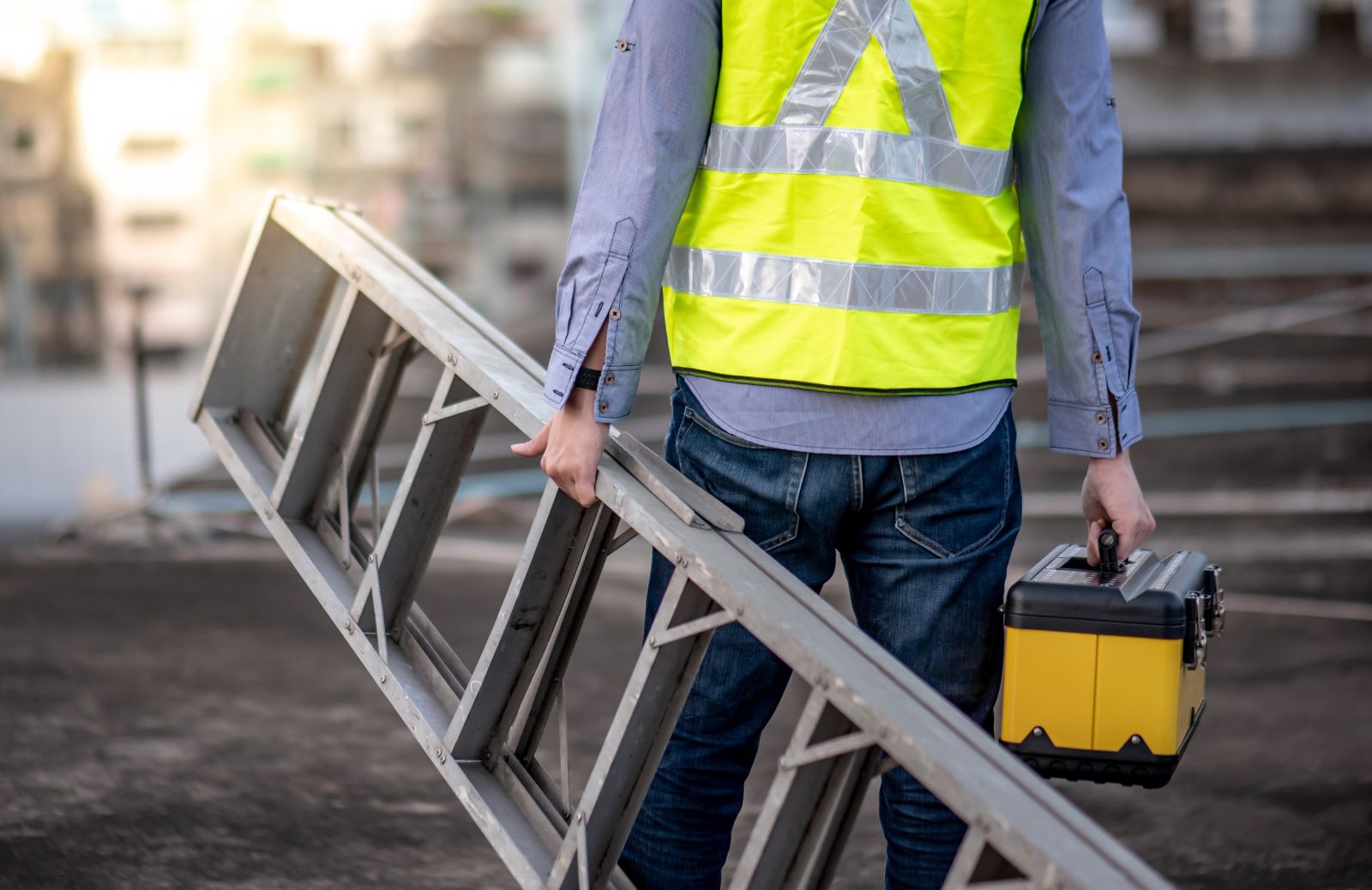
Image Credit: Shutterstock / Zephyr_p
If you live in an older home, consider retrofitting it to withstand earthquakes. Strengthen foundations and ensure your house is bolted to the frame.
8. Keep Shoes and a Flashlight by Your Bed

Image Credit: Pexels / Steve Johnson
Keep sturdy shoes and a flashlight next to your bed. Earthquakes can cause broken glass and debris, making it dangerous to walk barefoot in the dark.
9. Stay Informed

Image Credit: Shutterstock / A_B_C
Stay updated on local earthquake risks and emergency procedures. Sign up for alerts and educate yourself about what to do before, during, and after an earthquake.
10. Drop, Cover, and Hold On

Image Credit: Shutterstock / New Africa
When the shaking starts, immediately drop to your hands and knees, cover your head and neck with your arms, and hold on to any sturdy furniture until the shaking stops.
11. Stay Indoors if Safe

Image Credit: Shutterstock / Photoroyalty
If you are indoors, stay there. Move away from windows, mirrors, and heavy objects that could fall. Take cover under sturdy furniture or in a doorway.
12. Move to Open Areas if Outdoors

Image Credit: Shutterstock / fanjianhua
If you are outdoors, move to an open area away from buildings, trees, streetlights, and utility wires. Drop to the ground and protect your head and neck.
13. Pull Over if in a Vehicle

Image Credit: Shutterstock / Mr.Anuwat Rumrod
If you are in a vehicle, pull over to a safe location and stop. Avoid stopping under bridges, overpasses, and power lines. Stay inside the vehicle until the shaking stops.
14. Avoid Elevators
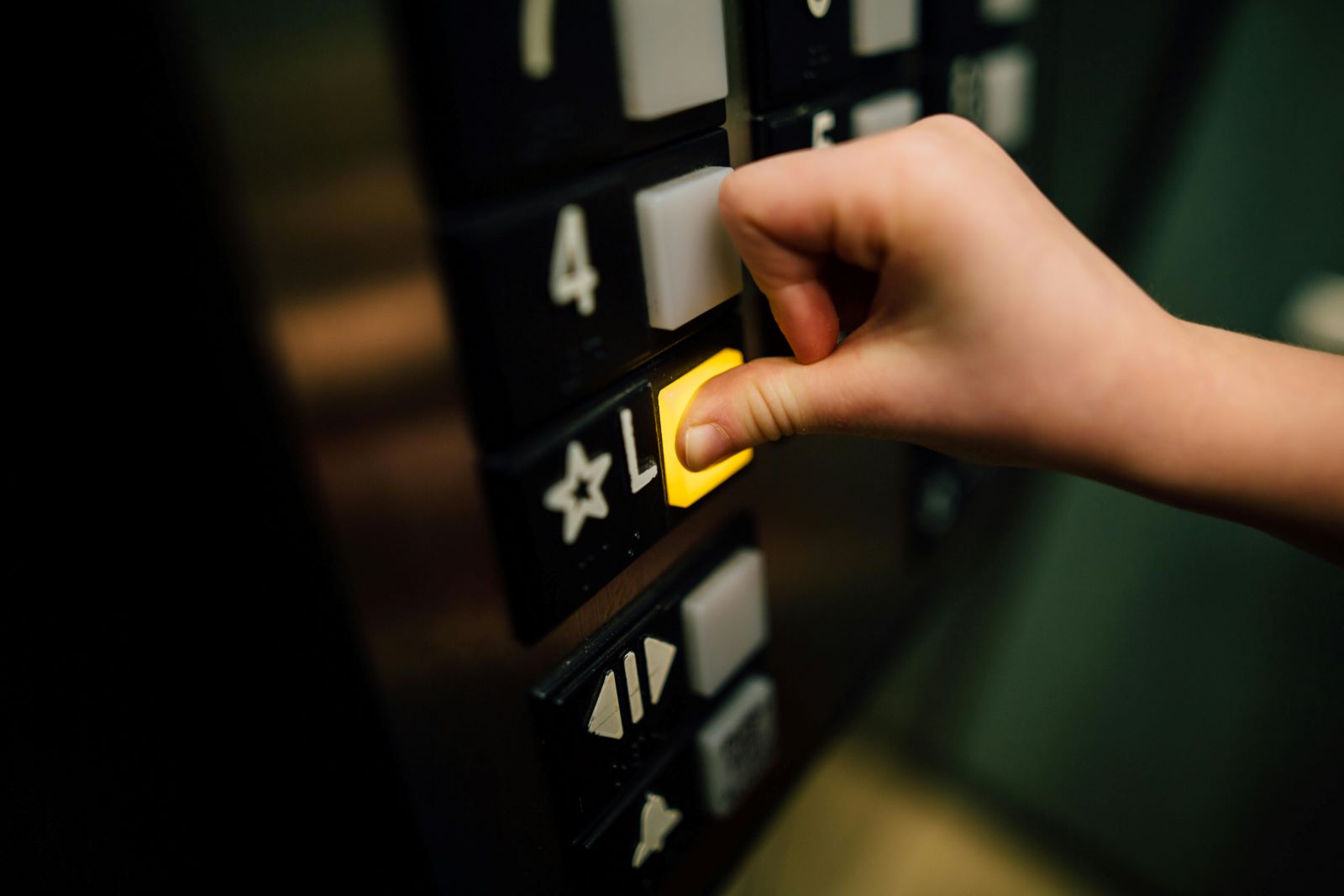
Image Credit: Pexels / Kelly
During an earthquake, avoid using elevators as they can become stuck or malfunction. Use the stairs if you need to evacuate a building.
15. Stay Calm and Don’t Panic

Image Credit: Shutterstock / brizmaker
Remaining calm is crucial. Panicking can lead to poor decision-making and increased risk of injury.
16. Check for Injuries
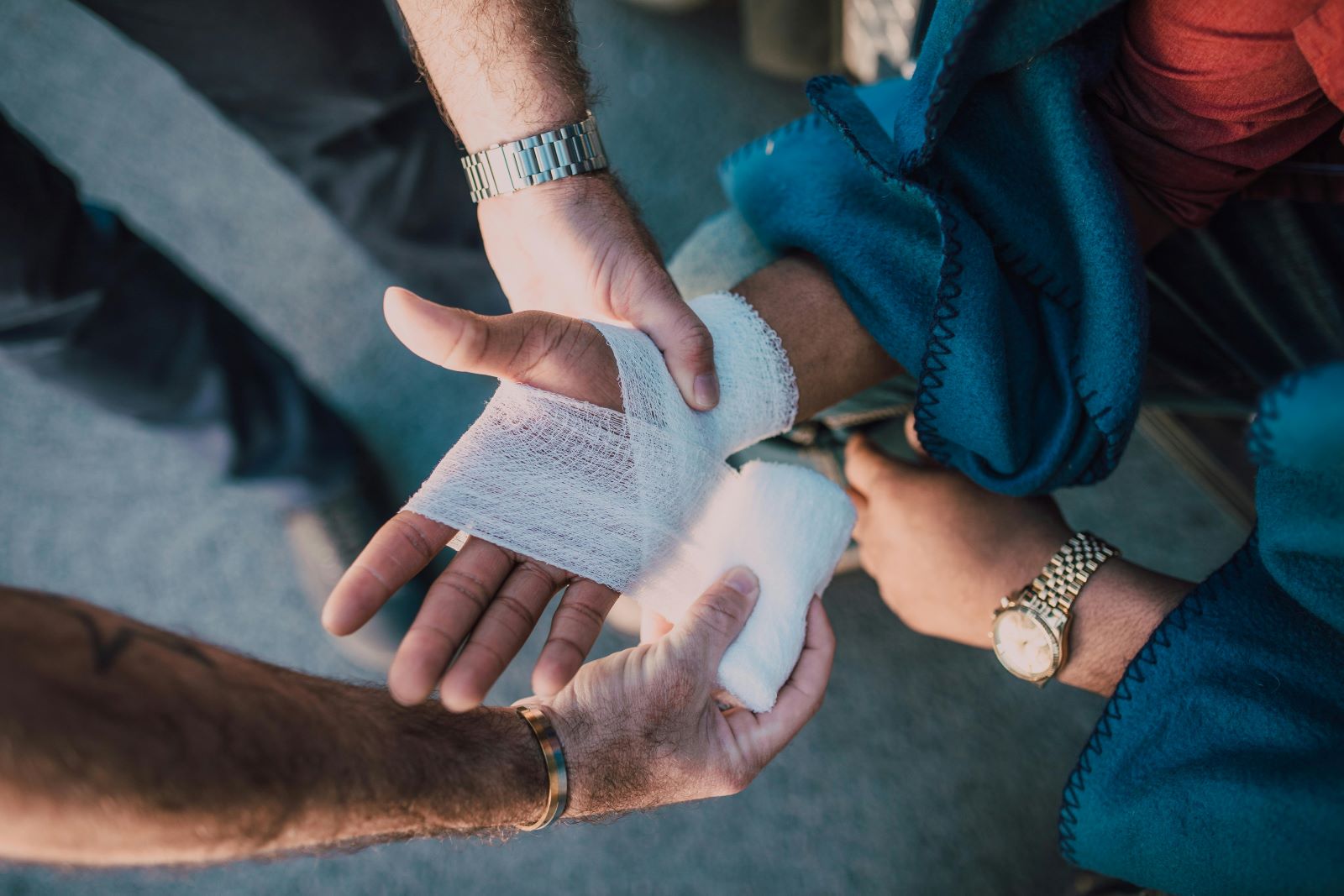
Image Credit: Pexels / RDNE Stock project
Once the shaking stops, check yourself and others for injuries. Administer first aid if needed and seek professional medical help if necessary.
17. Inspect Your Home for Damage
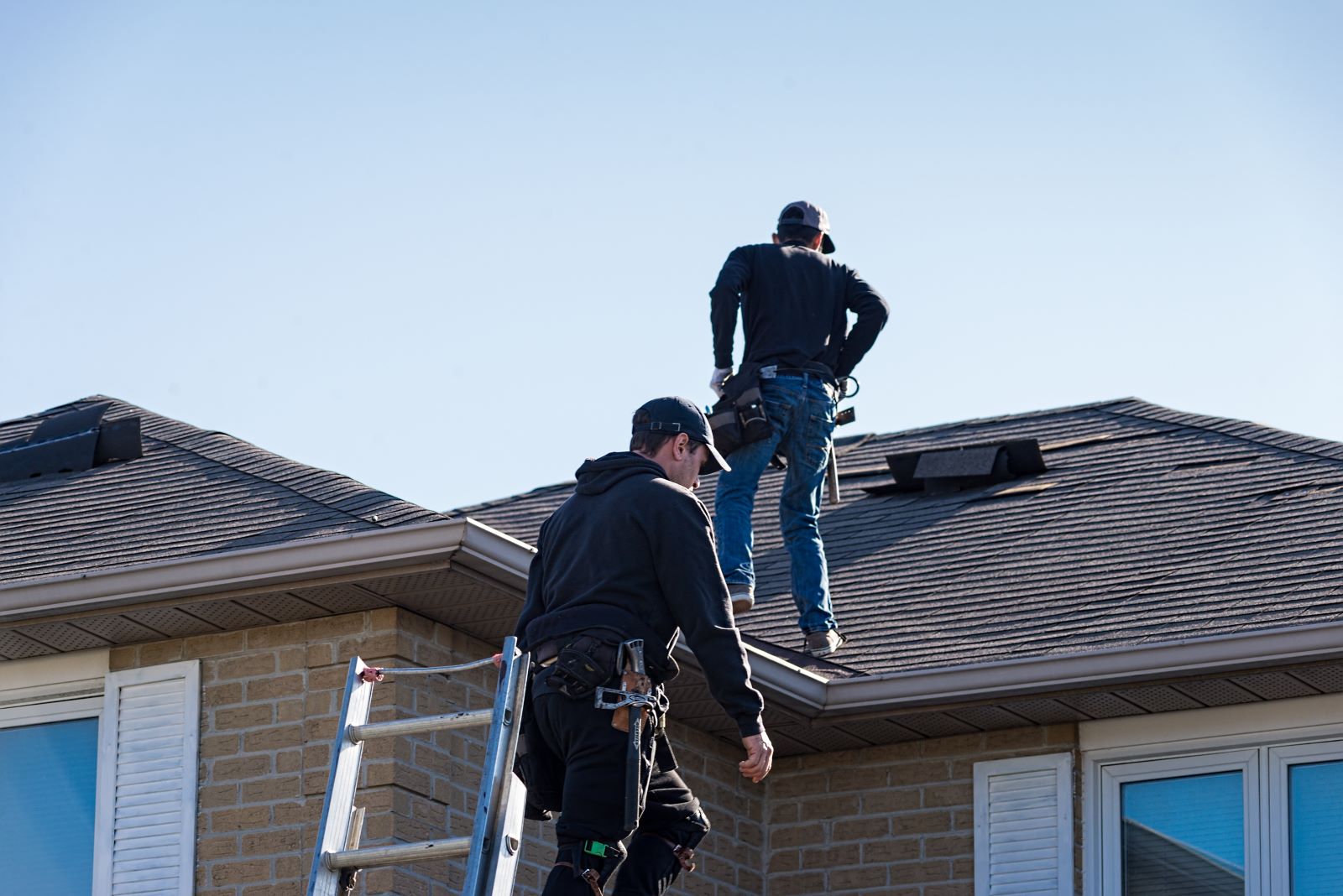
Image Credit: Shutterstock / LesPalenik
Inspect your home for structural damage, gas leaks, water leaks, and electrical issues. If you suspect any danger, evacuate and contact the appropriate authorities.
18. Be Prepared for Aftershocks
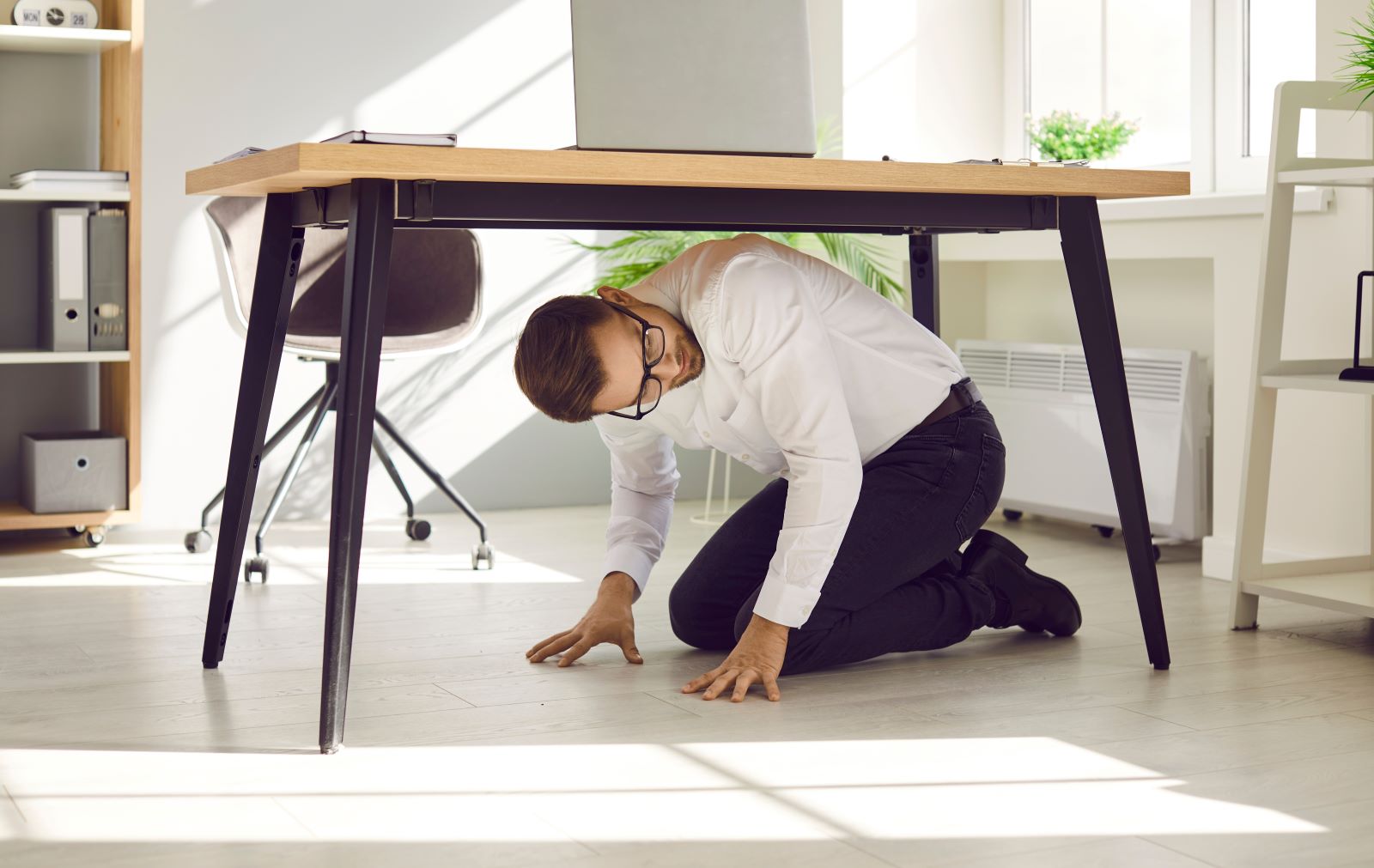
Image Credit: Shutterstock / Studio Romantic
ftershocks can occur minutes, hours, or even days after the initial earthquake. Be ready to drop, cover, and hold on again if necessary.
19. Communicate with Family and Friends

Image Credit: Shutterstock / sergey causelove
Contact your family and friends to inform them of your safety and check on their well-being. Use text messages and social media to avoid overloading phone lines.
20. Follow Official Instructions

Image Credit: Shutterstock / Ekateryna Zubal
Listen to local news and follow instructions from emergency officials. They will provide updates on the situation and guide you on the next steps.
21. Help Your Neighbors

Image Credit: Shutterstock / New Africa
Check on your neighbors, especially those who are elderly or have disabilities. Offer assistance and share resources if needed.
Stay Prepared and Stay Safe
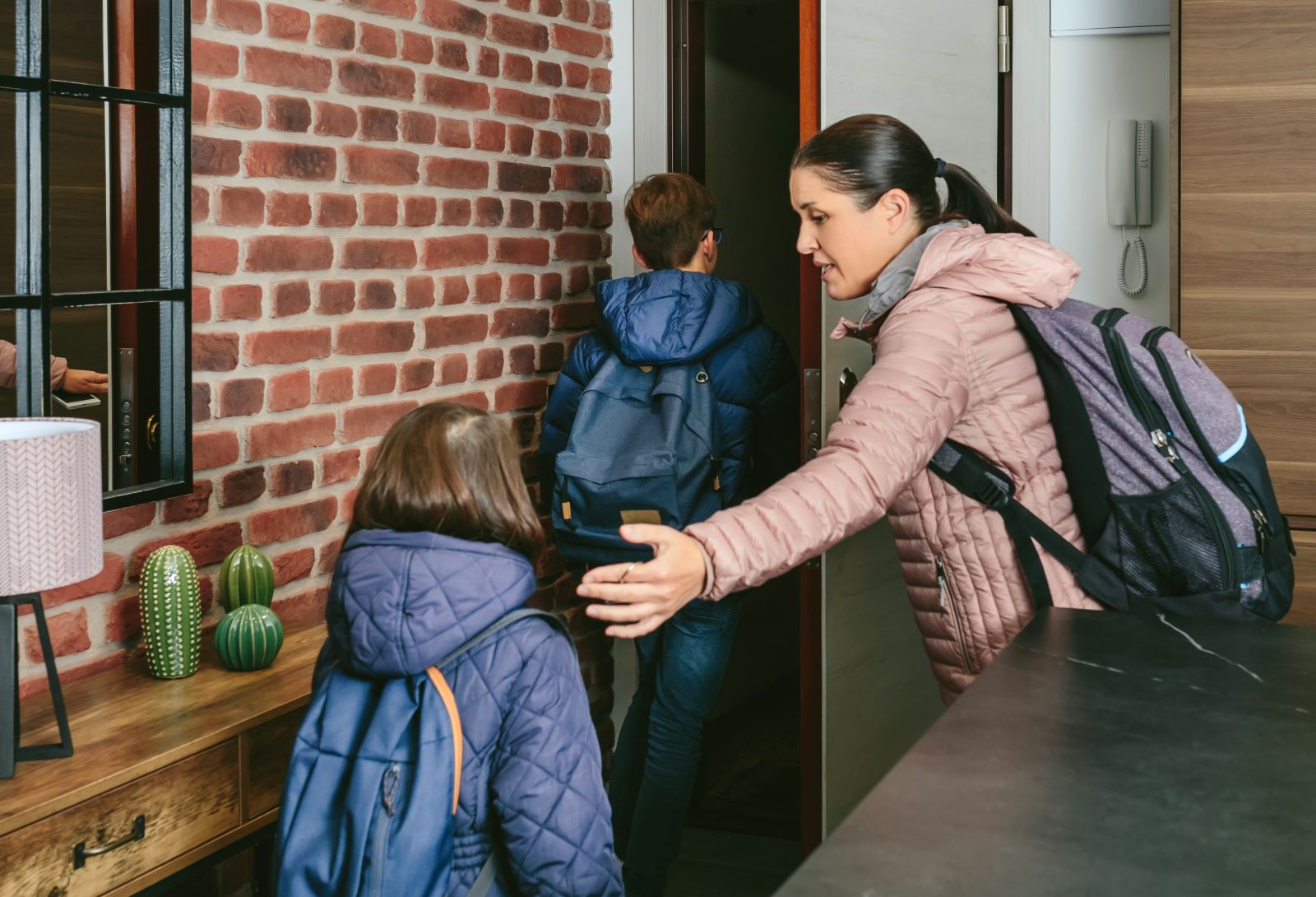
Image Credit: Shutterstock / David Pereiras
Earthquakes are unpredictable and can be devastating. By following these 21 essential tips, you can increase your chances of survival and protect your loved ones when the next big one strikes. Remember, preparedness is key to staying safe in the face of natural disasters.
Featured Image Credit: Shutterstock / Joseph Sohm.
For transparency, this content was partly developed with AI assistance and carefully curated by an experienced editor to be informative and ensure accuracy.

